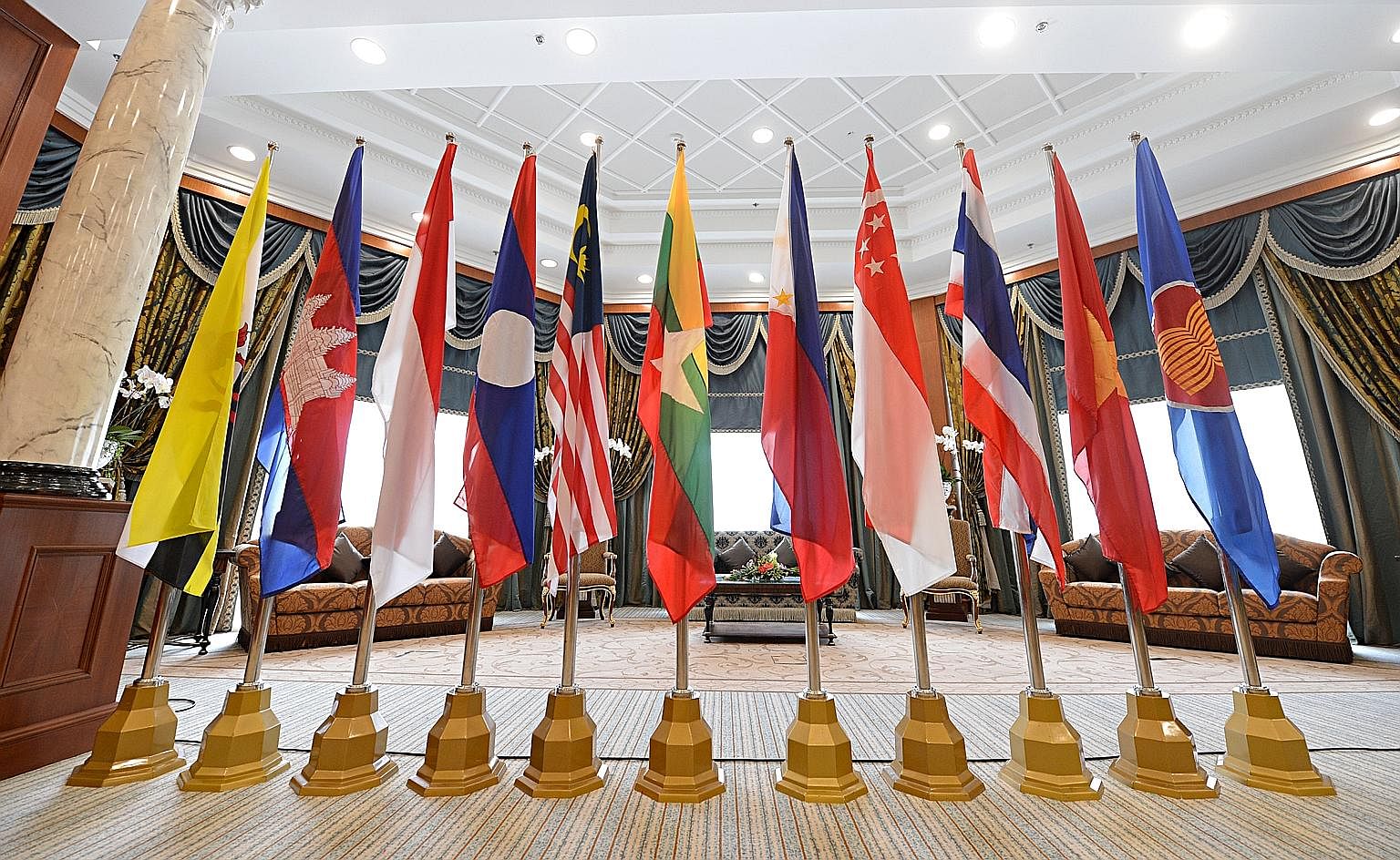As Brexit becomes a reality after the referendum poll last Thursday, it brings fresh anxieties in an already uncertain world. It raises issues of the pitfalls of extreme democracy and limited knowledge among the common people on the pros and cons of regional integration. Indeed, for British citizens, being part of the European Union (EU) raises concerns about free movement of people, but being together also implies lower business costs due to a low-tariff regime and more foreign investments.
Being part of the EU helps Britain to partake in several geopolitical discussions that have become a necessity in today's fragmented world. Now leaving the EU, which has been in the picture since 1958 and took more than five decades to deliver on a standardised system, implies that the United Kingdom has to restructure, renegotiate and build itself up again. Of course, this will take years and it is politicians, businessmen and people who will have to pay the price of such adjustments.
What does this mean for Asean integration?
First and foremost, South-east Asian countries need to start valuing Asean. It is an organisation that came into being in the late 1960s to deliver peace and stability, an imperative to economic growth and development. Yes, economic integration came much later, in the early 1990s, and brought uncertainties of winners and losers.

But South-east Asian countries took it slowly and regionally committed for only incremental change. It never promised to form a political union or a common currency.
The idea for an Asean community is to encourage trade and investment in the region, lower business costs and hence improve the lives of the people.
Nonetheless, Asean has been criticised repeatedly for its slow pace of integration. It is on occasions like Brexit that one sees the rationale for the cautious approach adopted by Asean countries.
In Asean's economic cooperation, it does talk about movement of people, but it is restricted only to skilled labour and the 10 countries have committed to mutual recognition arrangement of eight professions. But these commitments are subject to domestic regulations, implying there is no "free" movement of people across borders. This limited regional effort is more of a facilitation exercise to draw foreign investment to the region.
As against this, in the EU's offer of "freedom of movement" principle, citizens of 28 countries can move, stay, study and work in any of the member states without visas and are not subject to any domestic regulations. This nature of free movement of people across borders surely has long-term implications in terms of security risks and job market opportunities for nationals of any particular country.
Given the "yes" vote to Brexit, Asean should be mindful about its unity and the countries should strive to raise awareness of the benefits of regional integration to its people, both direct and indirect. Looking at regional integration in the narrow sense of impact on the job market or increased competition for local businesses is wrong and may lead to extreme outcomes with long-term implications.
The Brexit event undermines the regional integration process, especially at a time when the global trading system under the World Trade Organisation has almost stalled, the Trans-Pacific Partnership is hanging in the balance due to the uncertainty of United States politics and Asean is in a political dispute with China and getting impatient with rising economic protectionism in some of the member countries.
As things calm down in Europe, what will we see as an evolving dynamic between the UK and Asean?
We are likely to witness a criss-cross of bilateral free trade agreements (FTAs) between individual Asean countries and Britain. Singapore, with its lack of agricultural resources and status as a free port, has often played the role of test case for many countries all over the world signing FTAs in the region. Moreover, the city-state's position as a hub of more than a dozen bilateral FTAs implies that it is a gateway for many foreign businesses to spread their activities to a bigger part of the world.
Malaysia has already expressed its willingness to sign an FTA with the UK and surely, given its recent track record of signing FTAs, Vietnam will join the bandwagon soon. Asean, as a grouping, will not be able to sign an FTA with the UK as the latter is not a dialogue partner of Asean, a precondition for signing an FTA with the grouping.
It should be noted that the EU has been trying hard to sign an FTA with Asean. But it did not materialise because of the complexity of the issues among 38 countries. Now with its impending departure from the EU, the UK may feel impelled to fast-track institutionalising its economic relations with Asean countries.
This is also justifiable, given the UK's significant relations with some of the Asean countries. For example, Singapore is its largest trading partner in the Asean region and its fifth-largest one outside the EU.
The UK is the fourth-largest foreign direct investment investor in Singapore, after the US, the Netherlands and Japan. Trade and investment links between the UK and Singapore are not only in financial services, but also in machinery, manufactured goods and electronic components.
It is unfortunate that the EU has to see one of its valued members leave the organisation, but it also poses major lessons to be learnt both at home and abroad.
Many more events are going to unfold not just in the next few months but for many years to come, as the world comes to terms with this momentous decision by the British people. Asean needs to stay alert, strong and focused as an economic unit to weather this storm.
• Sanchita Basu Das is a fellow and lead researcher (economic affairs) at the Asean Studies Centre of Iseas-Yusof Ishak Institute.
